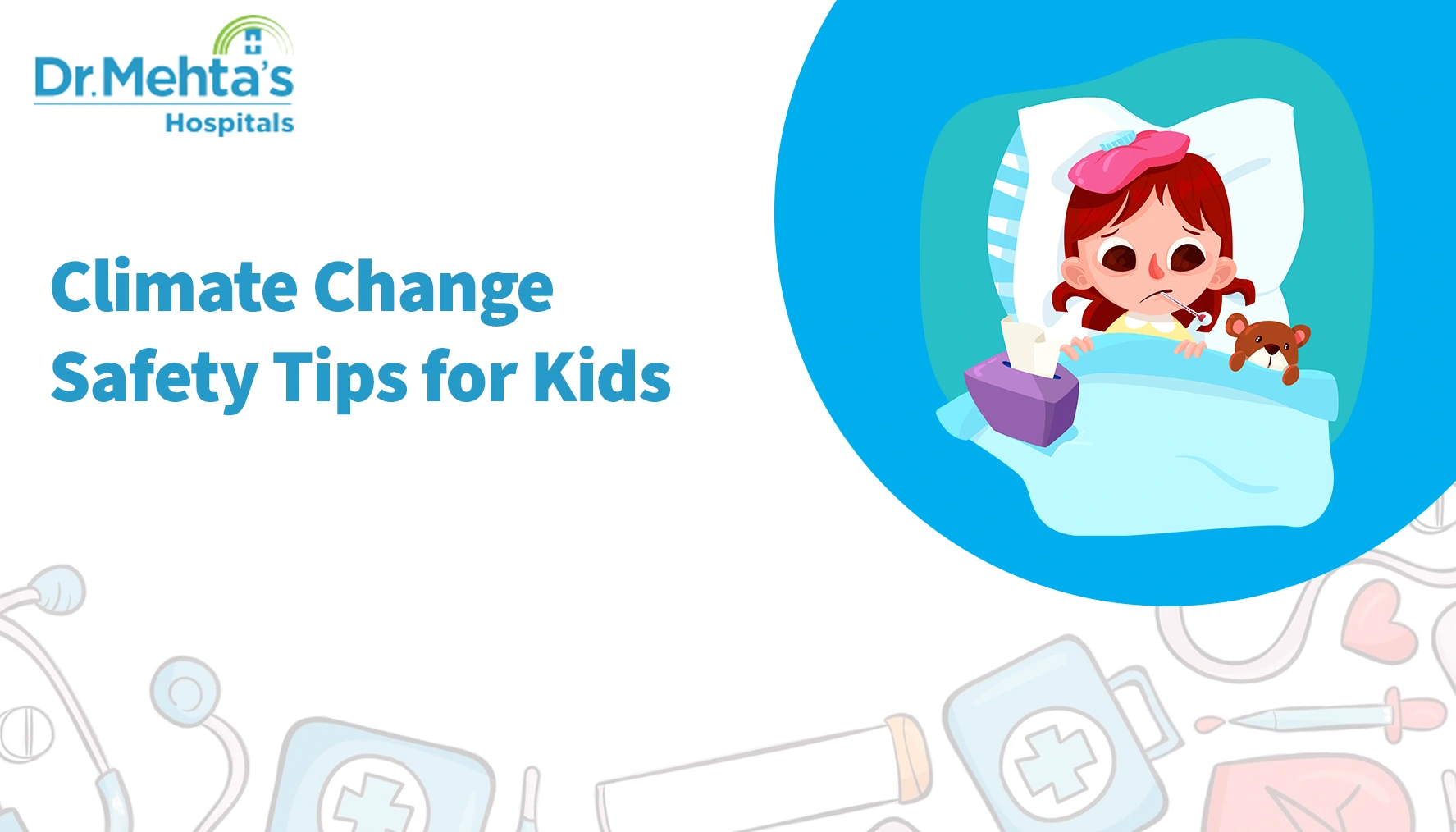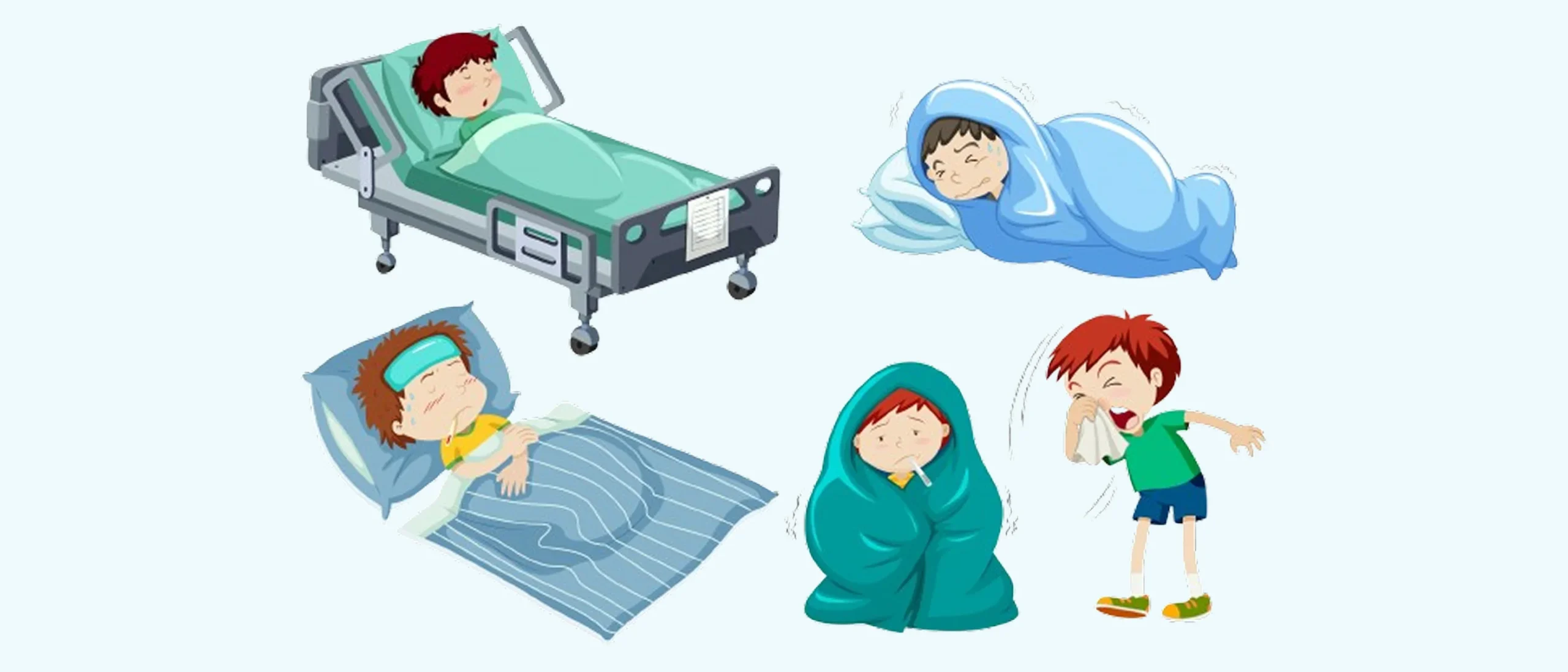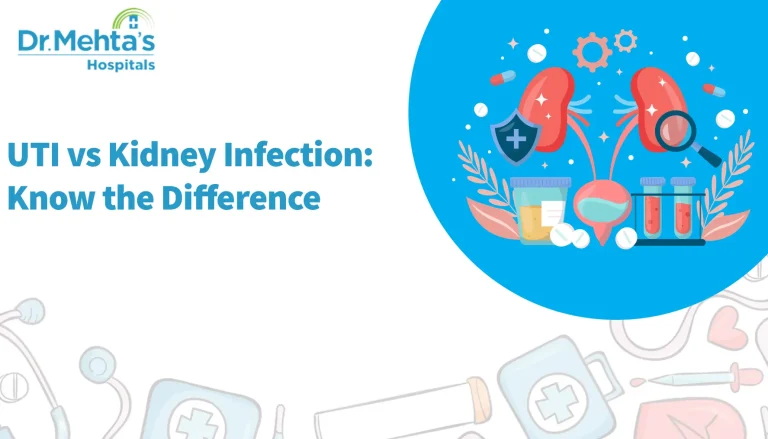Table of Contents

As climate change brings more intense heat waves, unpredictable rains, and rising pollution, keeping children safe and healthy requires extra care. This guide offers practical tips for parents and caregivers, helping you protect your child from climate-related risks while teaching them to adapt and stay resilient.
Heatwaves are becoming more frequent and intense. Ensure children stay hydrated by drinking water regularly, even before they feel thirsty. Dress them in light colored, breathable clothes.
During hot days, include hydrating fruits like watermelon and oranges in their snacks.
Rain or strong sunlight can affect children’s health. When the UV Index is high, plan outdoor time early in the morning or later in the evening.
A 2020 study found that indoor air pollution contributed to around 3.2 million deaths, including over 237,000 children under age five. Poor air quality as well as rising temperatures can lead to breathing issues. Add plants like areca palm indoors and use air purifiers when possible.
Speak to our pediatrician to learn more about protecting your child’s health.
In warmer seasons, children are more prone to colds, fevers, and stomach issues. Help build their immunity with:
These help the body adjust better to seasonal changes.
Prepare an easy and simple emergency package for your child.
Keep one kit at home and another in your vehicle, especially during summer or flood season.

Help children understand what’s happening with the weather without causing fear. Use age appropriate books, videos, and conversations.
Informed children respond better to change. Also, include immunity boosting foods during the summer.
Weather changes can make it hard for children to express discomfort. Watch for:
If these signs appear, consult a doctor at Mehta Hospital, Chetpet or Velappanchavadi, without delay.
Stay updated with local weather and health alerts. This helps you adjust your child’s schedule on days with high heat, heavy rain, or pollution.
Sudden storms or weather changes can frighten children. Stay calm and reassure them that they’re safe. Familiar items like toys or books can help soothe them during delays or disruptions.
Regular doctor visits help monitor your child’s health and catch early signs of weather related illnesses. Book routine checkups at Dr. Mehta’s Hospitals to ensure they stay well through the seasons.
Climate change affects everyone, but with the right knowledge and care, we can keep our children safe, healthy, and well prepared. By staying alert, hydrated, and proactive, families can face new challenges with confidence. Dr. Mehta’s Hospitals stands by you with expert pediatric care, practical tips, and year round support to help every child thrive.
Q1: How much water should my child be drinking during summer?
Children should drink 6 – 8 glasses of water daily, with more if they are active or outdoors..
Q2: Is sunscreen safe for kids? Yes. Choose a sunscreen made especially for kids, preferably one without any strong chemicals.
Q3: How can I talk to my child about climate change without scaring them?
Use simple, positive examples like planting trees, recycling, or saving electricity.
Q4: Are air purifiers necessary?
They’re not essential for everyone, but helpful if your child has asthma or allergies—especially on high pollution days..
Q5: When should I take my child to the doctor for heat or pollution exposure?
If your child shows signs like fatigue, dizziness, or trouble breathing, seek medical attention immediately.
Table of Contents
Recent Post

UTI vs Kidney Infection: Know the Difference
About us
Dr. Mehta’s Hospitals is a leading multispecialty hospital in Chennai with over 90 years of excellence. With 400+ beds and 80+ specialties, its Chetpet and Velappanchavadi centers offer advanced, state-of-the-art, compassionate care under one roof.
Chetpet Contact Details
Velappanchavadi Contact Details
Feel free to ask your queries on
Our Specialities
About us
Dr. Mehta’s Hospitals is a leading multispecialty hospital in Chennai with over 90 years of excellence. With 400+ beds and 80+ specialties, its Chetpet and Velappanchavadi centers offer advanced, state-of-the-art, compassionate care under one roof.
Chetpet Contact Details
Velappanchavadi Contact Details
Feel free to ask your queries on
Our Specialities
Quick Links
Center of excellence